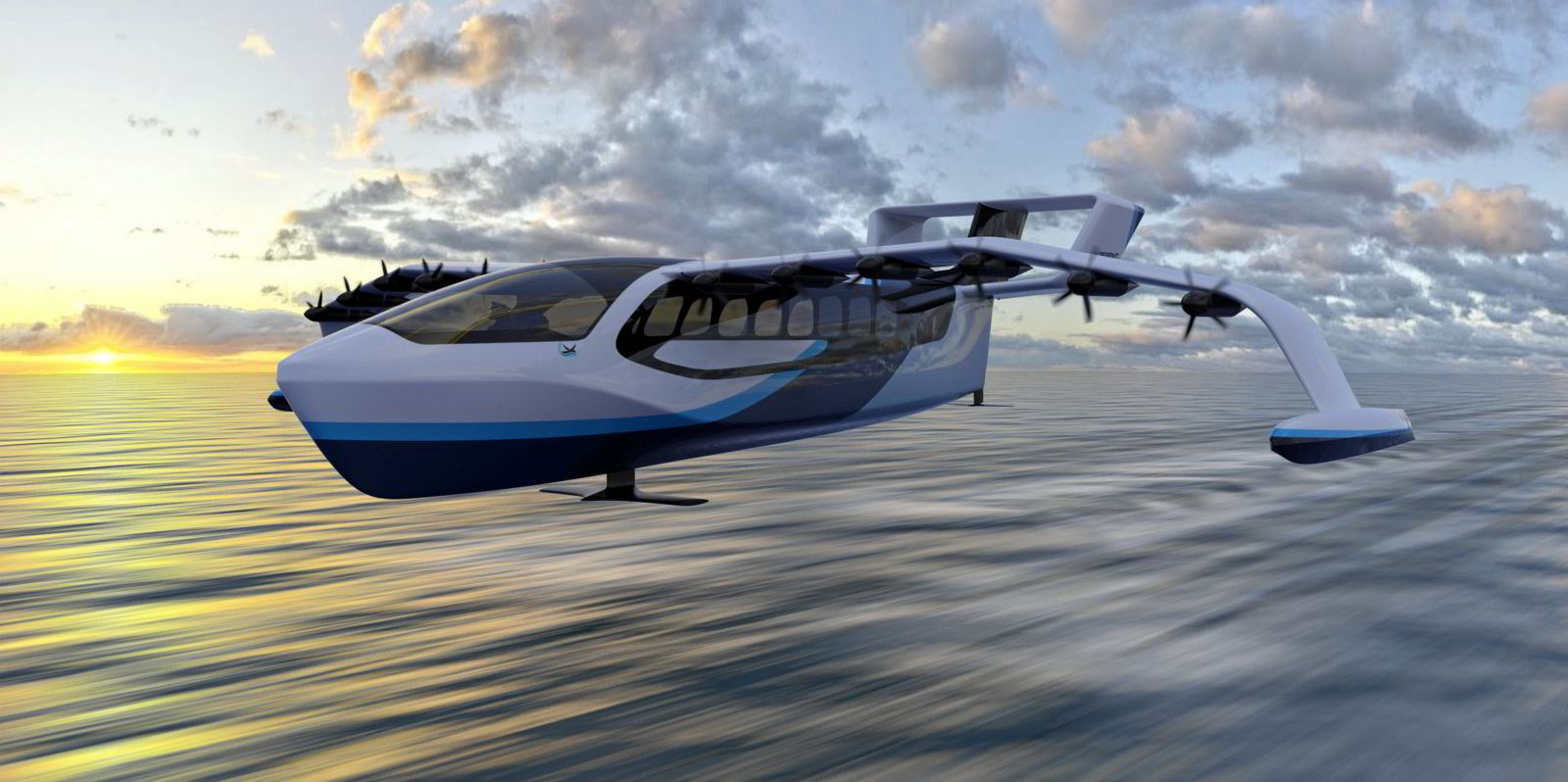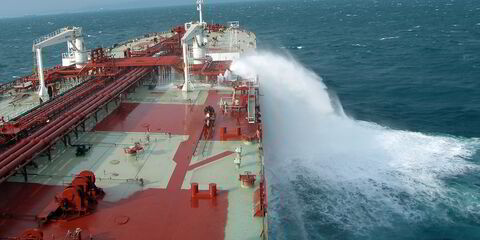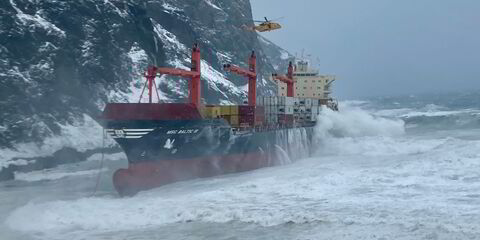To achieve the International Maritime Organization’s goals, shipping must attract new seafaring talent. But the profession does not look particularly attractive at a time when missiles and kamikaze drones are being fired at ships in the Red Sea.
That contradiction comes as insurance giant Allianz highlights decarbonisation as one of the main challenges in shipping’s risk outlook.
“One of the biggest issues that I think the shipping industry is facing and is going to have to deal with the next decade or so is the decarbonisation of shipping,” Allianz Commercial global head of marine risk consulting Rahul Khanna told the Green Seas podcast.

“The whole scenario where IMO has adopted stringent new targets and pledged net zero by 2050 means ships have to probably go through years of innovation and change in how they are powered and operated.”
It was no surprise that a report by the insurance giant on the risks facing shipping highlighted the geopolitical scenario, in which Houthis are attacking ships in the Red Sea, an example of how vessels have become easy targets of proxy wars.
But that same situation adds to the risk of the decarbonisation challenge.
“It’s also a risk to the industry because we need people who are trained and skilled to operate these new vessels,” Khanna said. “We are already struggling with shortages of manpower, given the state of the industry today.”
He said potential recruits will not want to work on ships if they think they will be the targets of drones and missiles. The industry must offer a safe workplace to attract fresh blood.
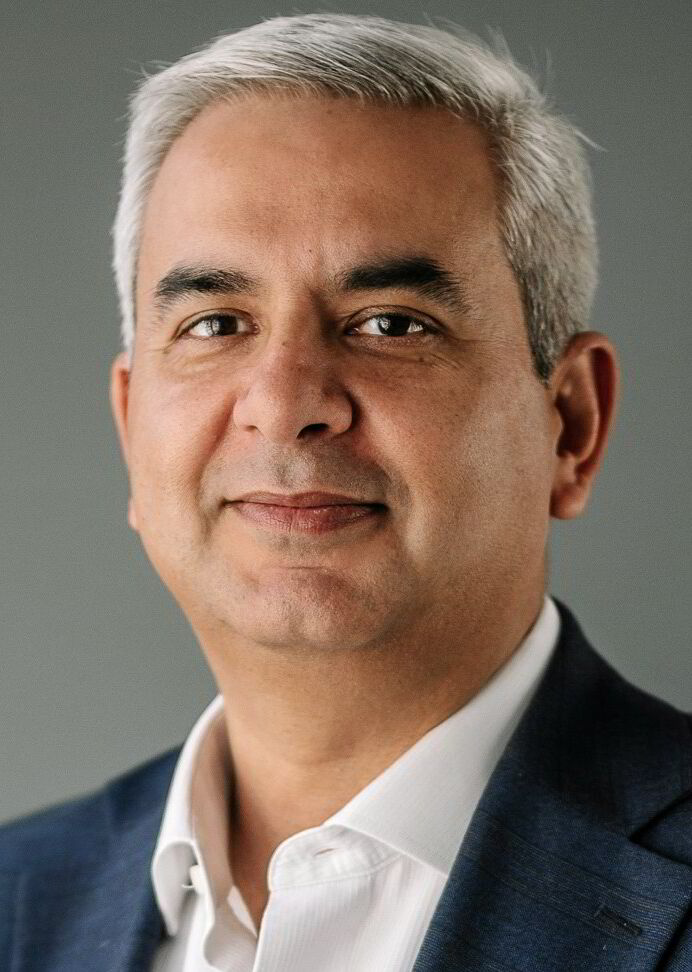
The IMO is working on policy mechanisms this year to push shipping towards its net zero target, with interim goals along the way.
Allianz pointed out there is still uncertainty about how to take the industry towards those targets, which will require a combination of alternative fuels and other technologies.
Those new fuels will require new infrastructure, and there is the potential for safety issues when handling them.
“From an insurance industry perspective, we know how many claims we receive from machinery damages from fuels which are not of the right spec or from contamination that happens,” Khanna said.
“Now imagine the whole storyboard changing with all different types of fuels. That creates a huge uncertainty: from our perspective on what will and may not work and how many damages and claims we see before things settle down.”
Khanna said insurance has a role in solving this puzzle because it will take collaboration to get to the 2050 net zero goals, as well as the checkpoints at the end of this decade and 10 years after that.
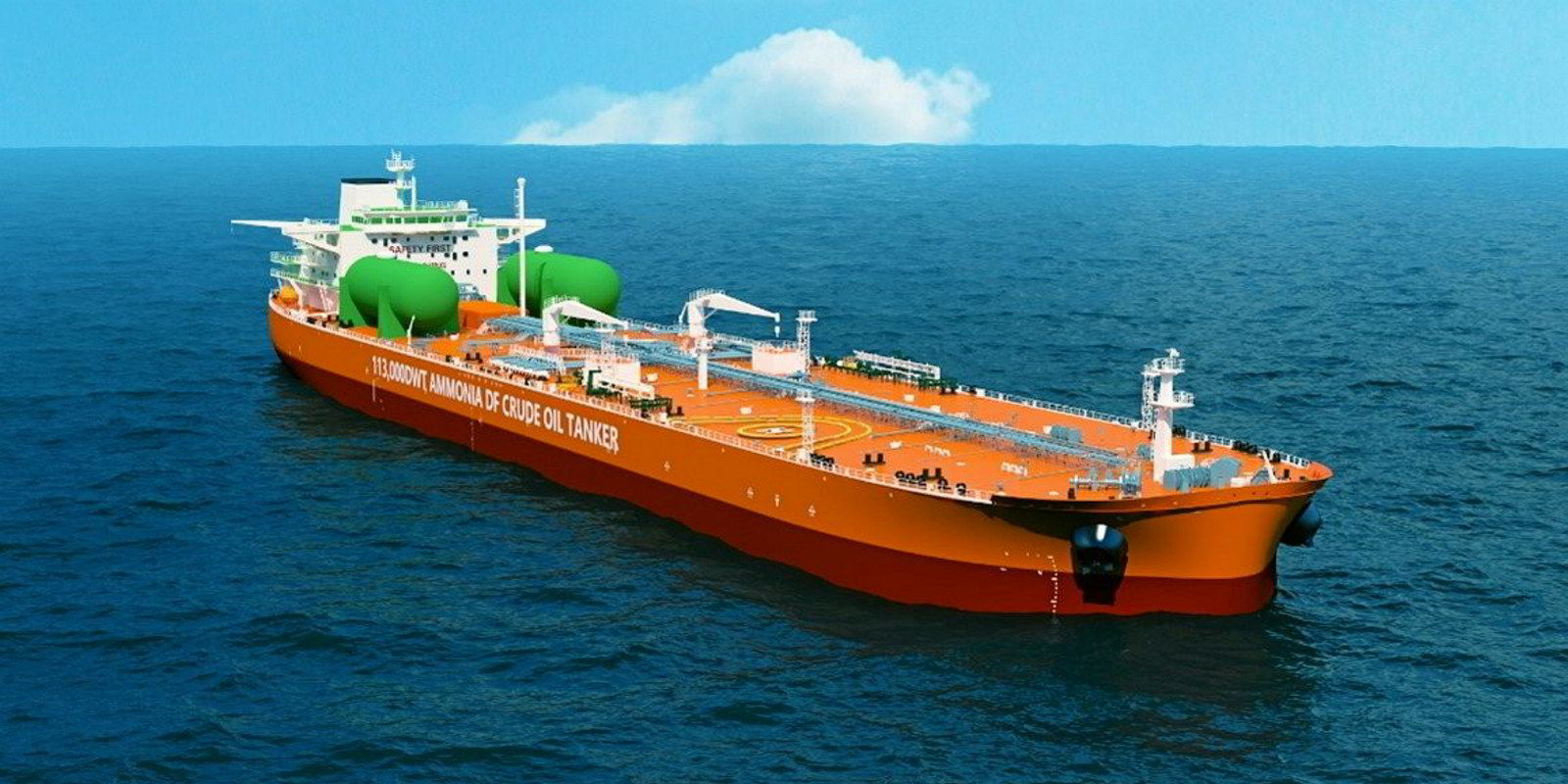
He noted that insurers have their own decarbonisation targets.
“As Allianz, we have also pledged net zero within our operations,” he said.

“But also, there have been commitments at various levels that we need to achieve and decarbonise our own portfolios. That means that in the future we need to watch our portfolios very closely, which means we need to watch our clients very closely and their credentials when it comes to sustainability.”
That creates opportunities to innovate if customers want to be a part of these insurers’ portfolios, he said.
Gina Panayiotou, founder of the sustainability think tank World ESG Forum and consultancy Oceans Arena, is a lawyer in insurance and for shipowners. She said decarbonisation is a big challenge because the industry has so many stakeholders.
She said a key problem is creating a level playing field. Even if Europe found the perfect fuel for shipping, it would not solve the global problems.
For Panayiotou, the risks associated with tackling shipping’s carbon footprint can be broken down into five pillars.
First is the uncertainty of solutions.
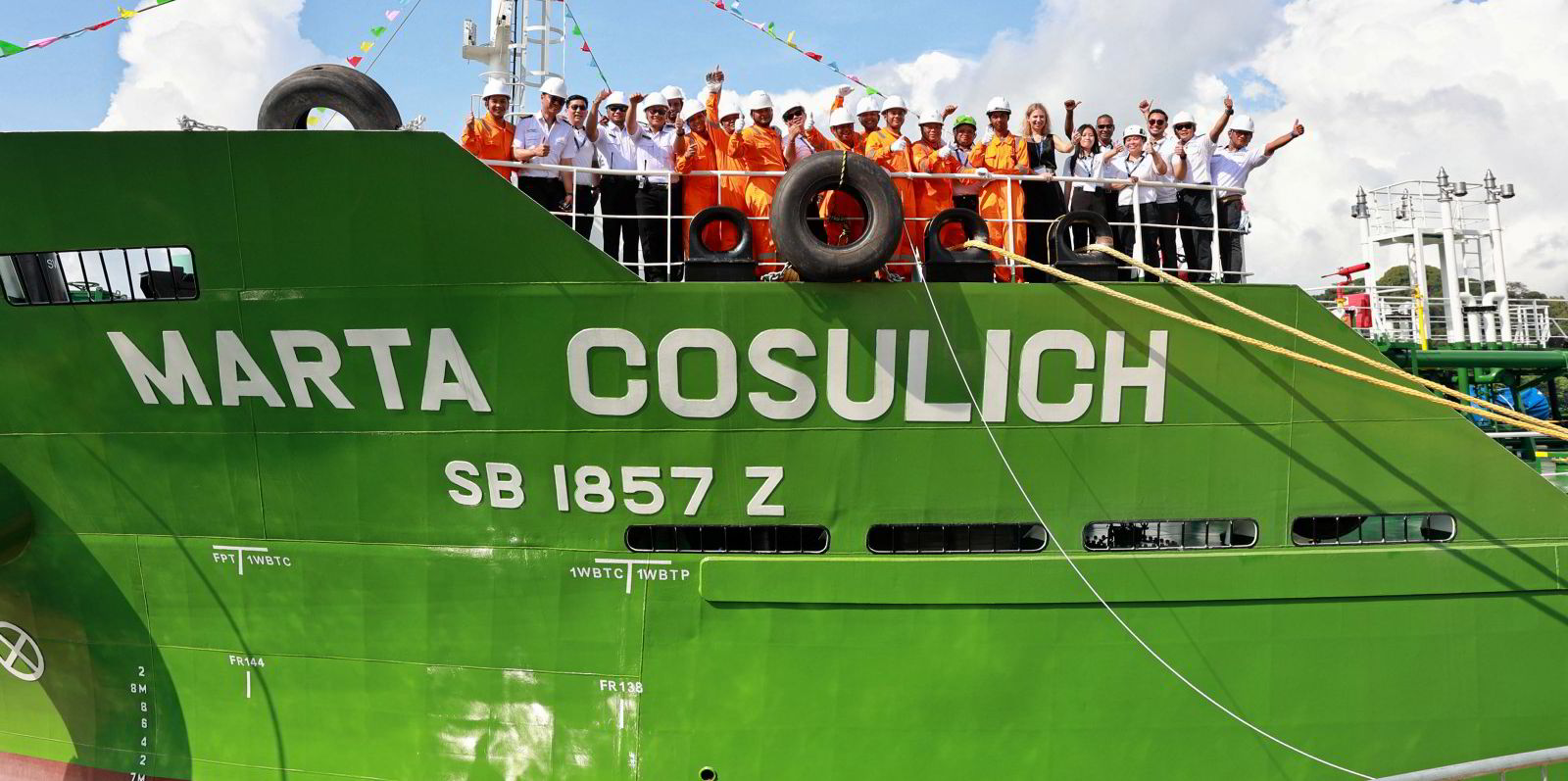
“Some owners have the resources and willingness and will trial and test new tech solutions or new fuels,” she said. “But that is a risk of the unknown. We don’t know how that will evolve in the long term. In fact, we don’t know how it will evolve in the short term.”
Second is the clarity and pace of regulations. While the IMO is still crafting its policies, that limits the loss prevention support insurers can provide on decarbonisation strategies, she said.
The third factor is inadequate infrastructure and the need for a highly skilled, well-trained workforce that can work with new technology.
That is linked to the fourth pillar: geopolitical tensions.
“That’s a big risk, of course, for decarbonising,” Panayiotou said. “We get a lot of scrutiny as an industry … People think we’re not prioritising decarbonisation, which we are.”
Not only does the conflict in the Middle East cause ships to travel farther and pump out more carbon, it hampers recruitment efforts.
“We’ve got these innocent people who are doing nothing wrong and doing their job every day, because that’s what the job is, and they’re getting attacked. That has a ripple effect on the people that want to work for us,” she said.
And finally, the fifth factor is the risk for boards of directors — what Panayiotou called governance liability.
Last year, for example, Shell directors were sued over the oil and gas giant’s climate plans, and the European Union’s Corporate Sustainability Reporting Directive is intensifying environmental, social and governance disclosures that shipping companies are required to make.
Put it all together, and insurers have to adapt to a changing world.
And it is not just the challenge of the new fuels needed to reduce emissions but also the growing effects of climate change.
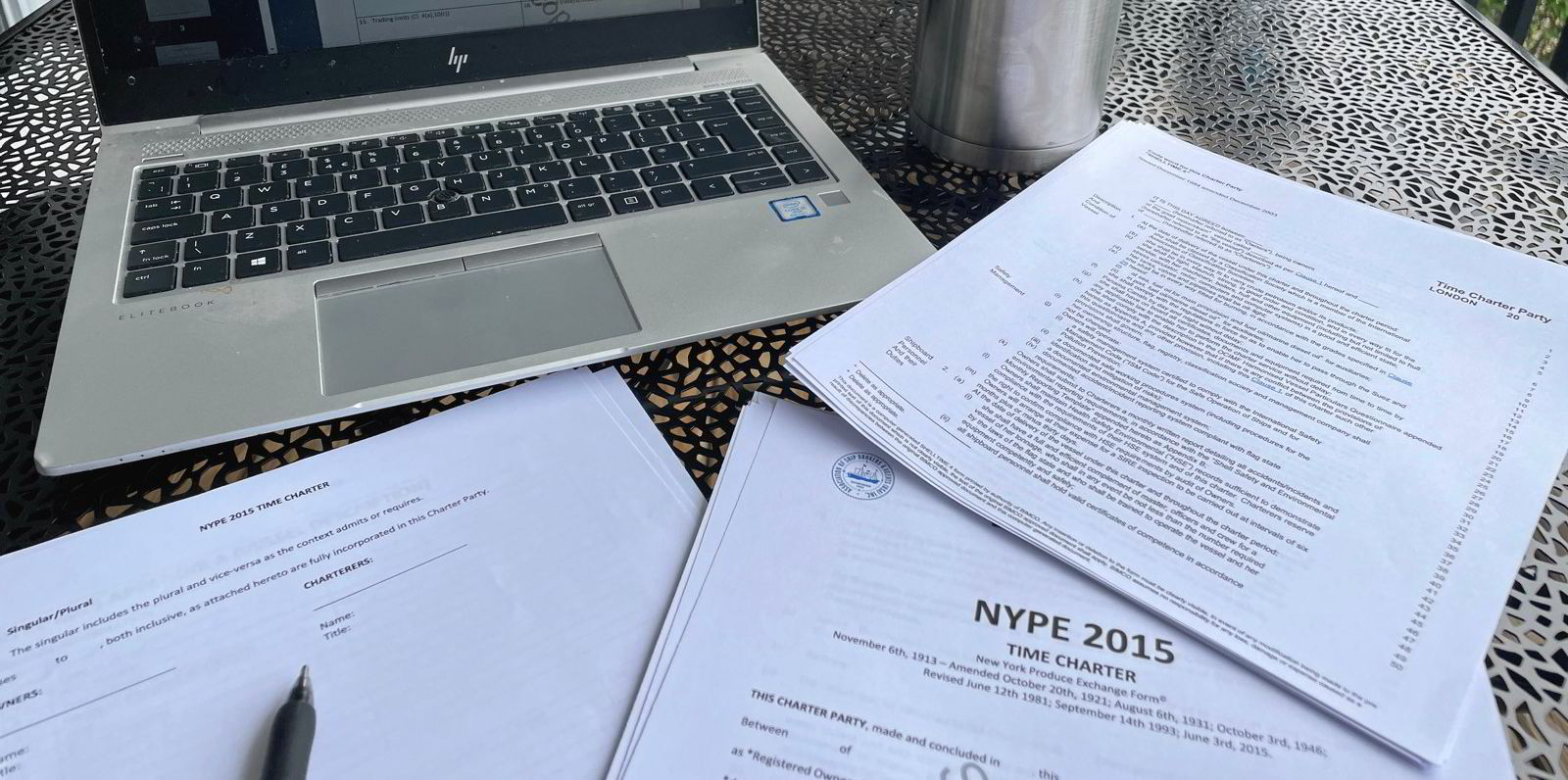
This has to be factored into shipping contracts.
“We’re trying to do our best as an industry to decarbonise, but that does have an impact on what a safe vessel means and what a safe ocean means, because you’re seeing increased levels of sea levels rising; you’re seeing ports that are being affected,” Panayiotou said.
“These are things that need to be factored into contracts.”(Copyright)
